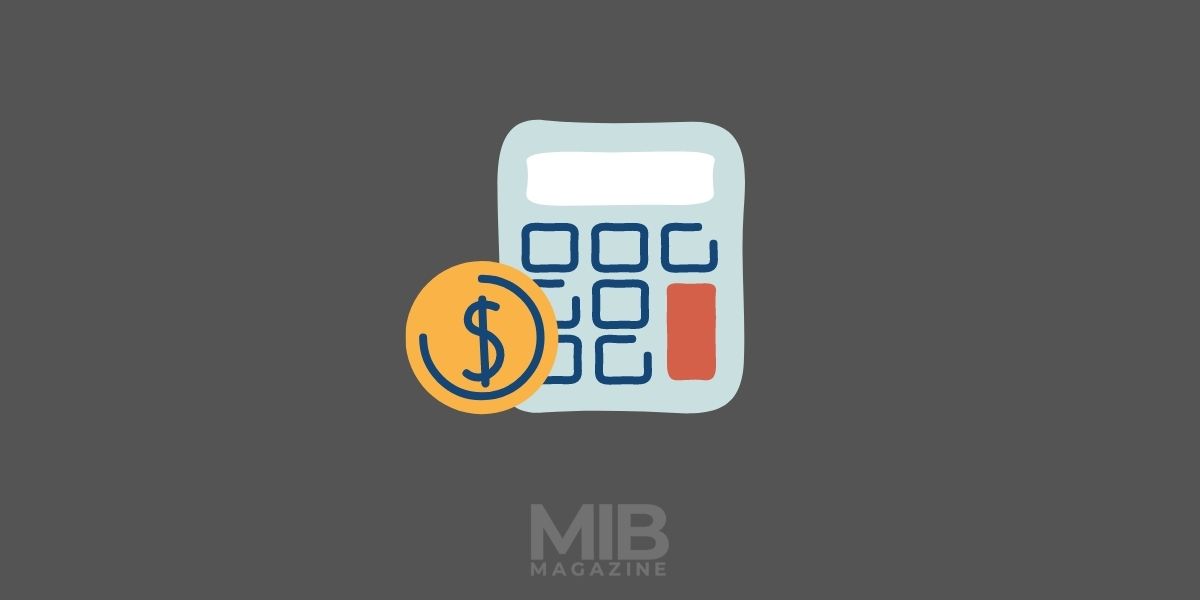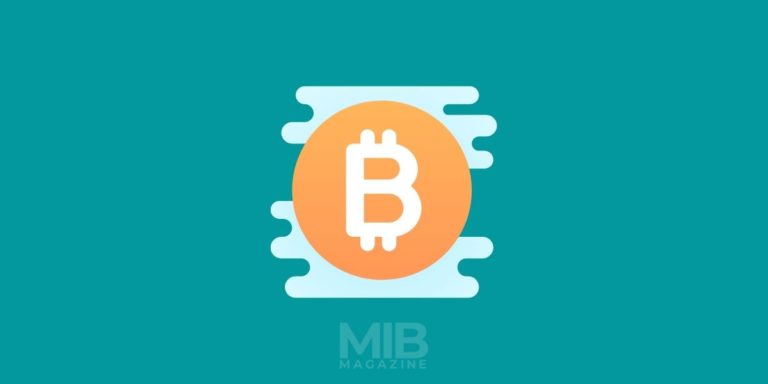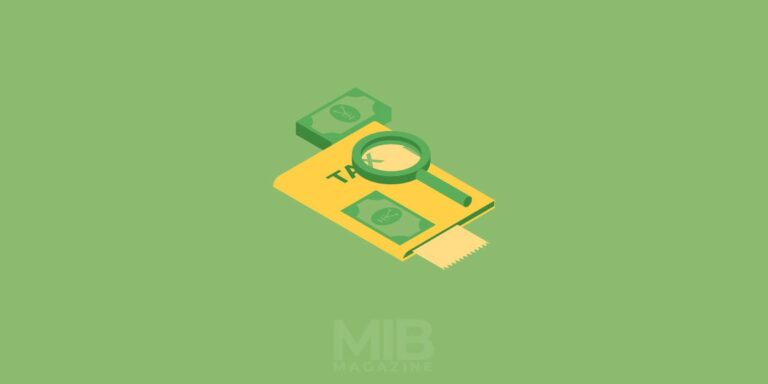Security For Loans: Mortgages VS Caveats

Whether it’s private lending or a bank, any lending institution will generally need registered security for a loan against a borrower’s asset. It’s a mechanism for the lender to ensure they’ll get their money back if anything goes wrong.
“Real estate financing is a secured loan. Security is especially crucial in real estate lending and borrowing due to the borrower’s peculiar nature as an SPV (special purpose vehicle), also referred to as a “special-purpose company or SPC” to purchase or develop a property. In other words, the borrower may not have a history of business, and its sole assets are those that are directly or indirectly tied to the properties and, if relevant, its development,” says Max Funding’s caveat loans specialist Shane Perry.
Real property is the most prevalent asset used as collateral by borrowers. In line with these, there are two types of security covering real property: mortgages and caveats.
Do you want to know which one’s right for you? Continue reading below to compare and contrast the two.
Caveats
Caveat loans are financial arrangements in which the lender lends money to the borrower on the premise that the lender has the right to register a caveat on the real property as collateral. These loans are typically short term and are second in line after a registered mortgage.
Any caveat loans lender may file a caveat without the permission of the land or property owner. Still, the entity filing the caveat faces financial and legal consequences if the Court determines no valid interest or “caveatable interest”. Therefore, caveats should be filed only by a Solicitor who verifies that a “caveatable interest” exists; thus, proceed with extreme care before filing one.
A caveat may be lifted with the Caveator’s permission or through the registered proprietor filing a “lapsing notice,” which lifts the caveat except if the Caveator files an appeal with the Supreme Court. A caveat used to secure a loan is usually removed after the caveat loans have been paid.
Mortgages
Mortgage, just like caveat loans, is a reliable and easily enforced loan security. This is because a mortgage needs the registered proprietor’s approval to take effect.
For the most part, when a borrower misses obligations on a mortgage loan, the lender (sometimes called the “mortgagee”) is given the authority to reclaim and sell the property.
Due to the common practice of a mortgagee retaining and providing the Title Deed for a mortgaged property, any sale or transferring of that property by the registered owner would need the mortgagee’s agreement and the Title Deed to succeed.
Then once the financing has already been paid off, the property owner must submit a Discharge of Mortgage application to the Land Registry Services to remove the mortgage from the Title Deed.
The Bottomline
Most banks and private lenders could use a mortgage on the borrower’s properties to secure higher loan amounts. In contrast, lenders routinely use caveat loans for more minor and short-term loans or parties needing security for payment of goods and services or supplies.
FAQs
A mortgage is a loan secured by a property whereas a caveat is a warning or reminder registered against a property title that restricts its transfer or sale.
Generally, a caveat is filed to protect lenders from lending against a property that may have been mortgaged to secure another loan. This provides lenders with additional security.
Mortgages can be issued by both private lenders and financial institutions.
A caveat can be issued by a person or legal entity with an interest in a property.
Yes, a caveat can be removed from a property title if the person or entity that issued it gives consent.
Yes, a mortgage can be discharged when the loan is repaid in full.
Yes, both mortgages and caveats provide legal protection to the lender and the borrower against potential claims from third parties.
If a mortgage is not repaid, the lender has the right to take legal possession of the property in order to recover their investment.
If a caveat is not honoured by the lender or borrower, the person or entity who issued the caveat can initiate legal proceedings to protect their interest in the property.
Yes, there are various types of security instruments that can be used to protect lenders and borrowers. These include charges, liens and indemnity bonds.





